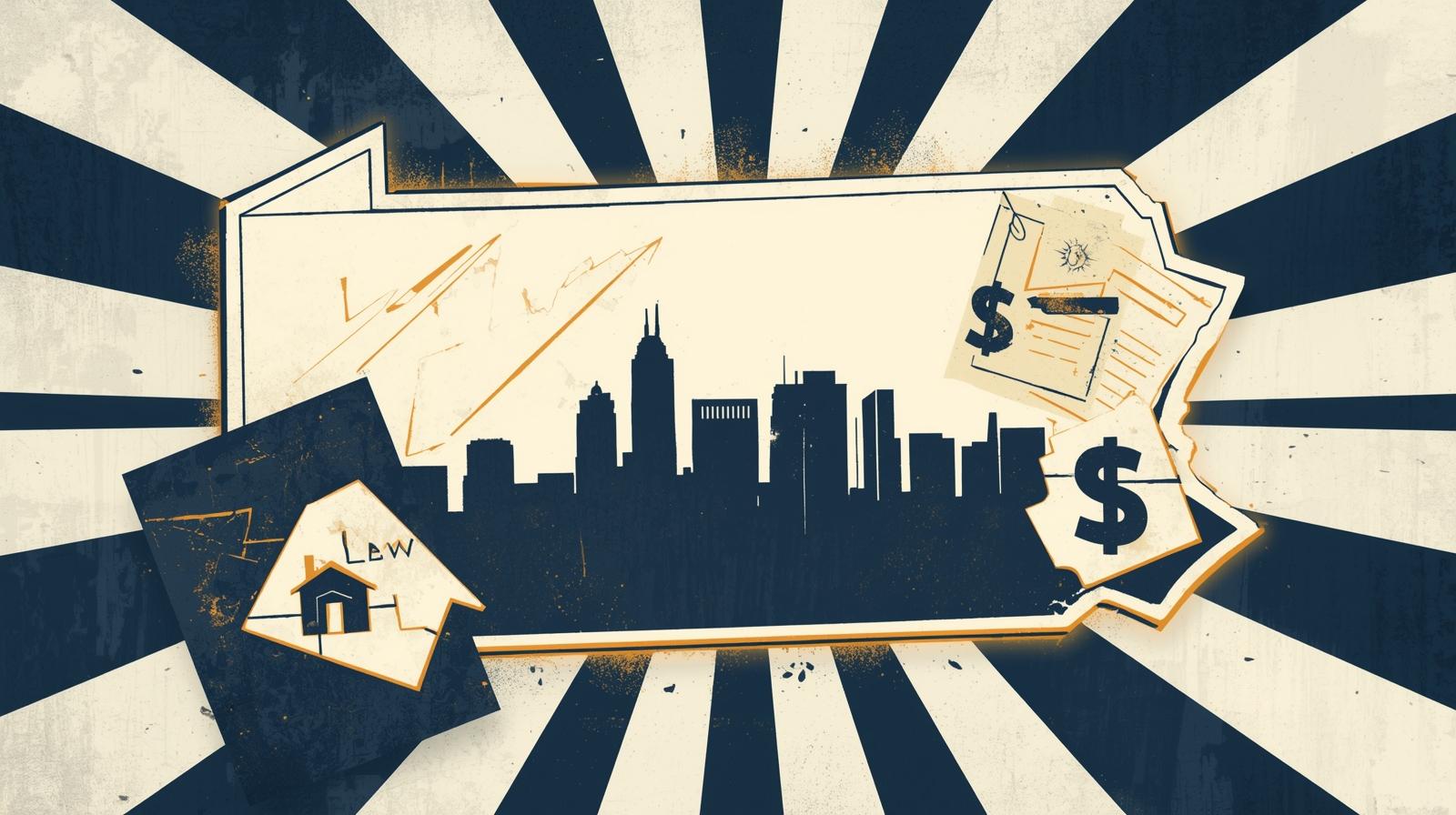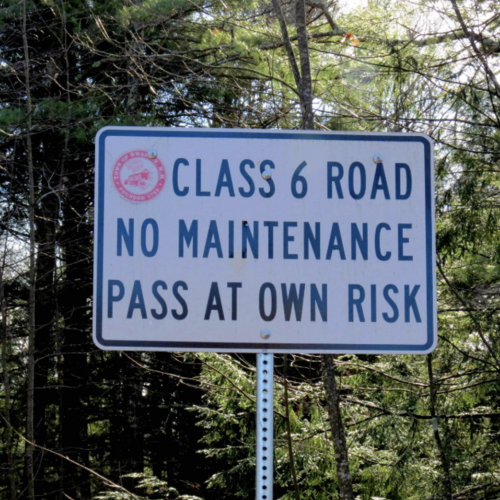For real estate professionals, the implications of Senate Bill 929 are enormous. Staying informed and able to educate your clients will help you navigate the outcome of SB 929 which, if passed, could redefine the landscape of Pennsylvania real estate for decades to come.
Senate Bill 929, a joint resolution introduced by Senators Chris Gebhard (R-48) and Doug Mastriano (R-33), along with bipartisan co-sponsors such as Lisa Boscola (D) proposes an amendment to Pennsylvania’s Constitution that would end the authority of school districts to levy or collect property taxes beginning in mid-2029. The proposal is being positioned as a long-term fix for the state’s high school property tax system, which has long been a controversial issue for homeowners and real estate professionals alike. This would be a major policy shift, since property taxes are a principal source of revenue for local school districts in Pennsylvania, and eliminating them would require an alternative funding mechanism for public education. The bill text mentions that the General Assembly would need to find alternative methods to fund the public school system.
SB 929 is largely supported by Republican legislators who describe it as a “pathway to permanent property tax elimination.” They emphasize that school property taxes are a major burden on retirees and working families and that Pennsylvanians deserve the chance to vote directly on the issue. Opponents, including many education advocates and local government officials, warn that eliminating this revenue stream without a detailed replacement plan could destabilize school budgets and shift the tax burden in unpredictable ways. For real estate professionals, that uncertainty may influence both market perception and buyer confidence in the coming years.
As of November 2025, SB 929 has been introduced and referred to the Senate State Government Committee but has not yet received a vote. It remains in committee, the first stage in a long constitutional amendment process. (To track updates visit palegis.us).
For this Bill to advance:
- It must pass the state Senate and House in two consecutive legislative sessions.
- It would then be placed on the statewide ballot for voter approval, giving Pennsylvania residents the final say.
- If approved, the change would take effect July 1, 2029.
The timeline means any potential elimination of school property taxes is several years away; but the conversation and political positioning are happening now and it’s important to stay informed as even pending legislation can influence market behavior!


